The European Union (EU) places high importance on coordination among Member States to support and facilitate joint actions. For ocean observations, both in situ and satellite ocean observations come together in the observing system strategies and implementation plans of European Global Ocean Observing System (EuroGOOS) and the European Ocean Observing System (EOOS), developed by expert groups through EU Research and Innovation projects such as EuroSea. These are harmonised with the regional strategies of the All-Atlantic Ocean Research Alliance and AtlantOS, and with the global strategies of the Global Ocean Observing System (GOOS) and Global Climate Observing System (GCOS).
EU4OceanObs, through the EU action coordination of the G7 FSOI Coordination Centre, serves as a liaison between the EU ocean observing system community and the global observing system, working across the value chain to promote alignment between the EU and global observing system plans and actions. The EU action coordinator works with EuroGOOS, EOOS, and the projects funded by the EU’s Research and Innovation programmes to enhance the EU’s international engagement and leadership in international ocean governance in both the collection and use of ocean observations through the G7 Future of the Seas and Oceans Initiative and GOOS.




